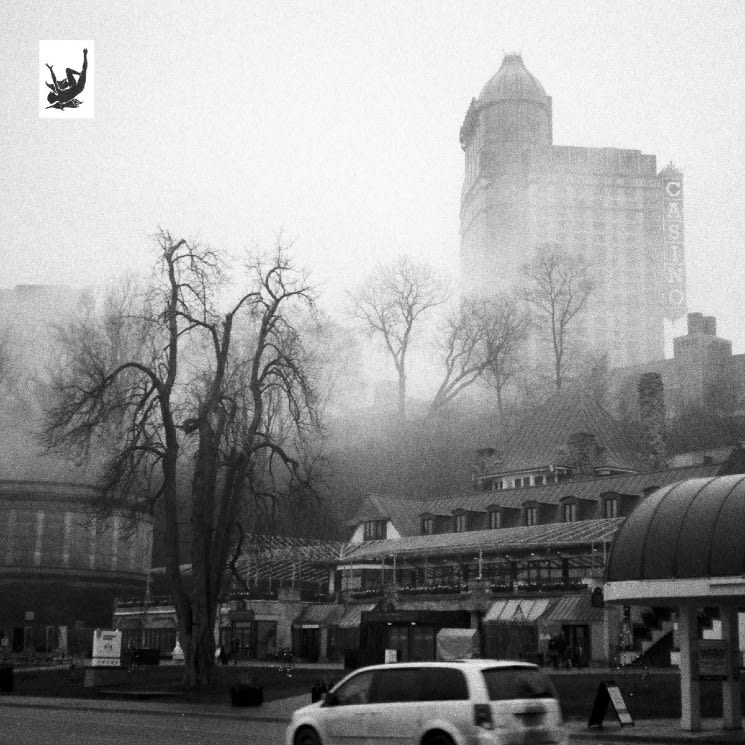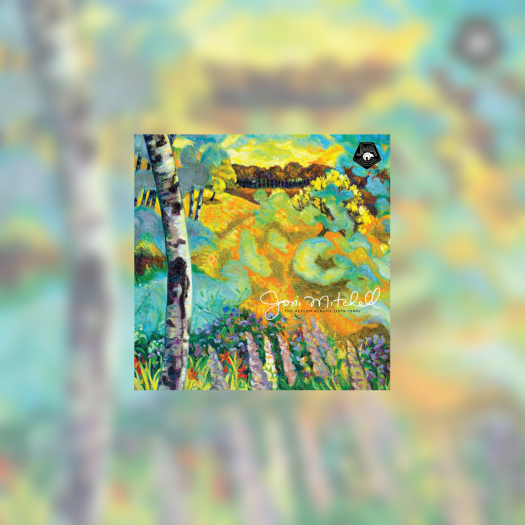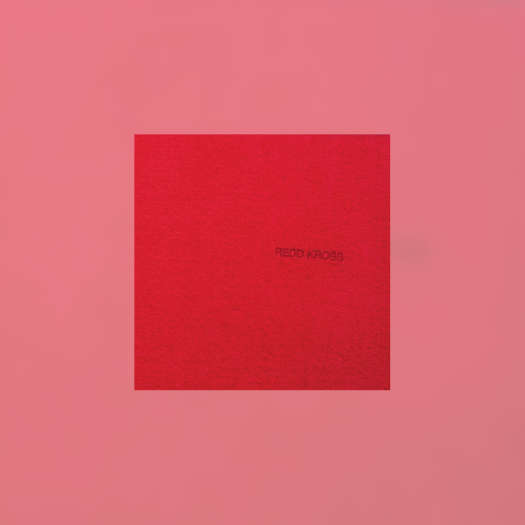The minimalist nature of Isaac Vallentin's "…", his third solo album, belies how thoughtful the Montreal-based singer-songwriter is with every element of his music. Stark, evocative cover art and lengthy, meticulously detailed (not to mention, immaculately written) liner notes are staples of Vallentin's work, both as a solo artist and with his side project, Regular Expression (cleverly abbreviated as RegEx). His penchant for obsessively fine-tuning his work has yielded intriguing results such as the two competing versions of his second solo album, Amateur — the initial 2018 version and a formerly scrapped version with a different mix and tracklist released in 2020 for a Japanese record label — or the recent No Hiding, credited to the Regular Expression Jazz Ensemble and built around a series of a friend's piano improvisations, resuscitated and augmented years later by contributions from other collaborators. Even Regular Expression's Kasuga Suite, a series of solo acoustic guitar tracks that runs less than 15 minutes, is accompanied by six paragraphs on the relationship between Vallentin, his guitar and the EP's track names.
By stripping down his sound on "…", Vallentin has laid bare the strengths of his songwriting. Featuring little more than his raw and ragged voice, acoustic guitar and harmonica, Vallentin makes the weighty tragedies of loss, colonialism, capitalism and climate change sound almost breezy with an understated folk palette, allowing his words to hit extra hard, the culmination of years of thoughtful exploration into the regularities of human life. Where previous albums have taken Vallentin across provinces and even continents, "…" finds comfort in tight spaces and stringent restrictions, a successful and timely example of building engaging, vivid worlds without needing to leave the house.
Song structures have been painstakingly crafted and executed — a look at the provided lyrics reveals choruses distributed evenly with mathematical precision, stanzas and rhyme scenes strictly adhering to self-evident patterns. And yet, "…" never feels bogged down in the details. It comes off light, natural and rhythmic, even as it stretches simple guitar patterns past a song's seven-minute mark, as it does for three of the album's six tracks. Lengthy opener "Diane in the Morning Light" slowly draws listeners into the world of its titular character, Vallentin homing in on specific details — her earring, cigarette, ink-stained bed sheets — as the magnitude of her tragedy wades murkily into focus.
He takes a similar approach on "The Ballad of Nunangat," the album's centrepiece, letting tactile objects and fragmented memories tell the story of Inuit communities devastated by colonial violence and cultural genocide: "In the store there's treasures from the south / But they don't bring us any real wealth, the empty shelves," and, "There are songs that we were forced to sing / But it's the drum connecting everything, still beating." The album's title — Vallentin offers pronunciations of "ellipsis" or "dot dot dot" — accentuates the space in which he conjures emotional affect. Much like how today's limited confines have stirred up unforeseen reckonings by stripping away the distractions, Vallentin uses empty space to make the few remaining elements make as much impact as possible, earning every second of his lengthy meditations.
Just because the album finds its strength in emotional heft doesn't mean it's no fun. With its swaying harmonica and folksy strum, "Three Scenes of the Apocalypse in Montréal" turns an acid trip in the city into its own free-wheeling folk version of verbose classics like "We Didn't Start the Fire" or "It's the End of the World as We Know It," as Montreal sinks into the abyss under the weight of its urban spectacle. Modern excesses and climate catastrophe never sounded so jolly.
Where his previous albums leaned on Andy Shauf-style orchestrations or folksy electronics to accentuate his idiosyncratic musings, Vallentin has let the full power of his poetry ring out here. While he's never been one to stick to a particular sound or approach, "…" makes it clear that his true strength lay within all along.
(Independent)By stripping down his sound on "…", Vallentin has laid bare the strengths of his songwriting. Featuring little more than his raw and ragged voice, acoustic guitar and harmonica, Vallentin makes the weighty tragedies of loss, colonialism, capitalism and climate change sound almost breezy with an understated folk palette, allowing his words to hit extra hard, the culmination of years of thoughtful exploration into the regularities of human life. Where previous albums have taken Vallentin across provinces and even continents, "…" finds comfort in tight spaces and stringent restrictions, a successful and timely example of building engaging, vivid worlds without needing to leave the house.
Song structures have been painstakingly crafted and executed — a look at the provided lyrics reveals choruses distributed evenly with mathematical precision, stanzas and rhyme scenes strictly adhering to self-evident patterns. And yet, "…" never feels bogged down in the details. It comes off light, natural and rhythmic, even as it stretches simple guitar patterns past a song's seven-minute mark, as it does for three of the album's six tracks. Lengthy opener "Diane in the Morning Light" slowly draws listeners into the world of its titular character, Vallentin homing in on specific details — her earring, cigarette, ink-stained bed sheets — as the magnitude of her tragedy wades murkily into focus.
He takes a similar approach on "The Ballad of Nunangat," the album's centrepiece, letting tactile objects and fragmented memories tell the story of Inuit communities devastated by colonial violence and cultural genocide: "In the store there's treasures from the south / But they don't bring us any real wealth, the empty shelves," and, "There are songs that we were forced to sing / But it's the drum connecting everything, still beating." The album's title — Vallentin offers pronunciations of "ellipsis" or "dot dot dot" — accentuates the space in which he conjures emotional affect. Much like how today's limited confines have stirred up unforeseen reckonings by stripping away the distractions, Vallentin uses empty space to make the few remaining elements make as much impact as possible, earning every second of his lengthy meditations.
Just because the album finds its strength in emotional heft doesn't mean it's no fun. With its swaying harmonica and folksy strum, "Three Scenes of the Apocalypse in Montréal" turns an acid trip in the city into its own free-wheeling folk version of verbose classics like "We Didn't Start the Fire" or "It's the End of the World as We Know It," as Montreal sinks into the abyss under the weight of its urban spectacle. Modern excesses and climate catastrophe never sounded so jolly.
Where his previous albums leaned on Andy Shauf-style orchestrations or folksy electronics to accentuate his idiosyncratic musings, Vallentin has let the full power of his poetry ring out here. While he's never been one to stick to a particular sound or approach, "…" makes it clear that his true strength lay within all along.




